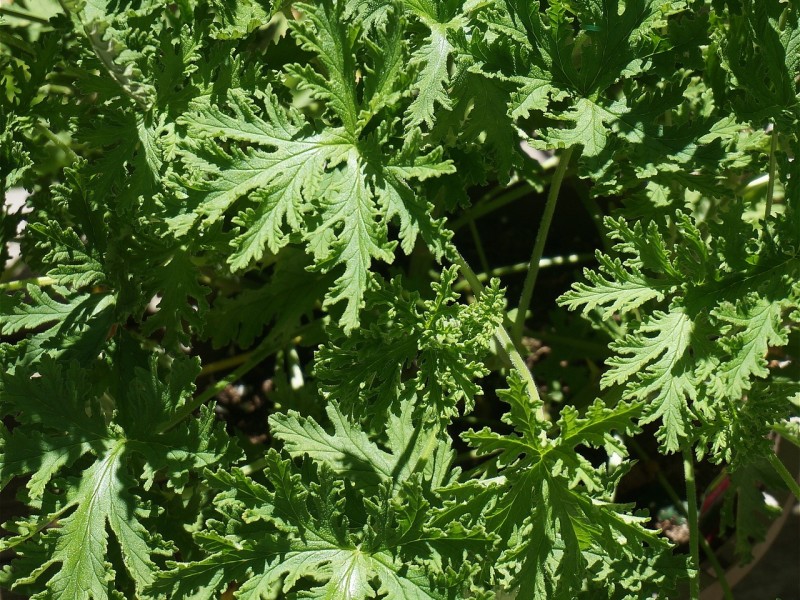Published 31 October 2023 ● Last Updated on 7 December 2023
Tropical, lush greenery is a welcome feast for the eyes. But as any explorer of glistening grounds after a rainfall can testify – it is also a spawning ground for mosquitoes! Bites from the pesky insect are more than just an annoyance as they can cause serious diseases such as dengue and malaria.
Protection in the outdoors is promised by an array of synthetic mosquito repellents in the market. But there is a fine print to consider – be it allergic reactions to your person, or the toxic residues left on the planet. Wondering if there are any natural repellents out there? Here are some ideas dug up from my experience, research and family wisdom!
A couple of natural sources with perfect DIY mixtures
I’m an avid user of DIY natural pest-repellent oils and my personal favourite is the fragrant citronella plant, which I’ve proudly placed in my balcony. The citrus scent of citronella masks the odors that attract mosquitoes, creating a peaceful, pleasant outdoor space for my family.
Another fantastic addition to our garden is lemongrass, which not only keeps mosquitoes at bay but also serves as a flavorful ingredient in our local Indian cuisine. Our evenings are now mosquito-free, and lemongrass-infused dishes have become a staple in our home.
Curious to learn how you can use these plants too? Here are some DIY repellent techniques:

Citronella is a popular natural mosquito repellent. It’s derived from various species of lemongrass and can be found in candles, essential oils, and lotions. It works by masking scents that are attractive to the bugs there by making it difficult to locate their prey/food. Burning citronella candles or using citronella oil in diffusers can help keep mosquitoes at bay. However, use in small doses – prolonged exposure or excessive use can cause breathing issues.

Finding its way across the kitchen shelves in Asian households as a remedy to mosquito bites during the pitter-patter raindrops from the monsoons, neem oil is a potent natural insect repellent that can be diluted with a carrier oil like coconut oil and applied to the skin. A prominent remedy in rural areas, neem leaves are typically burned to release mosquito-repelling fumes.
Not only does it work wonders as a de-stressor in aromatherapy, the smell of lavender oil is detested by our buzzing little adversaries. Sounds interesting? You can make a lavender oil spray by mixing a few drops of lavender essential oil with water and spritzing it in your living spaces.
The blend of lemon eucalyptus oils is a dependable mosquito repellent. It’s a quick fix done by mixing 10-15 drops of lemon eucalyptus oil with a carrier oil (like olive or coconut oil). Apply to the skin before heading outdoors.
If you’re a fan of peppermint’s aroma then you can combine 10 drops of peppermint and tea tree oil with water. Use it as a spray in your home or on your clothing.
Mosquito Repelling Plants
No time to mix up the DIY remedies? Then just include them as a decor in your home! Yes, the same plants can be used indoors or in pots on your porch, to repel mosquitos and other insects. You can also maintain a mosquito-free nursery or outdoor play area for your child with the right plants.
Mosquito repelling diets!
It is believed what you eat can influence your attractiveness to mosquitoes. While not proven, my family and I have incorporated these foods into our diet with a view to deter mosquitoes.

Basil is not only a culinary delight but also an effective mosquito repellent. Keep potted basil plants indoors, and crush the leaves to release a stronger scent.

Consuming garlic and citrus fruits can help repel mosquitoes due to the pungent odor that’s released through our skin pores.
The compound curcumin in turmeric has mosquito-repelling properties. Include turmeric in your cooking to benefit from this effect.
Living in a tropical climate doesn’t mean you have to tolerate mosquito bites or resort to chemical repellents. By incorporating mosquito-repelling plants, foods, and DIY essential oil blends into your daily routine, you can enjoy a mosquito-free environment naturally and effectively. These methods not only protect you from irritating bites, but also contribute to a more eco-friendly and sustainable approach to pest control.
Related Articles
Natural Remedies | 5 healing plants to begin your herb garden



0 Comments